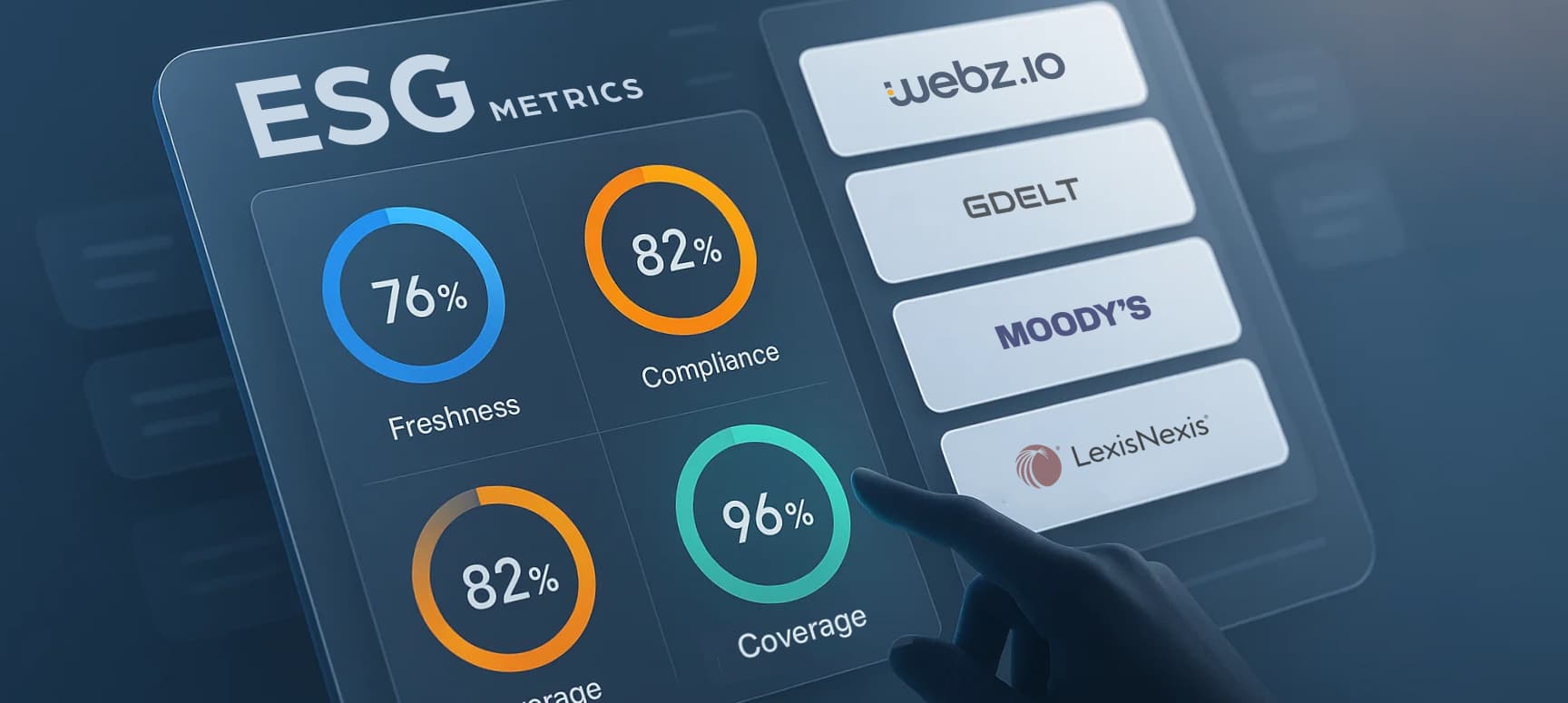In an increasingly polarized media landscape, political bias in news coverage is no longer an exception, it’s the norm. Whether subtle or overt, the ideological leanings of news sources influence how stories are framed, what details are emphasized, and which voices are amplified. For organizations relying on accurate, balanced, and diverse information, recognizing and accounting for this bias is more critical than ever.
At Webz.io, we understand that our customers need more than just access to massive volumes of news data, they need the tools to navigate and analyze it effectively. That’s why we’re excited to announce the launch of our latest feature: political bias detection.
What’s new?
Our new trust.bias attribute adds a powerful filter to the Webz.io News API,
allowing you to segment and analyze news content based on its political orientation. Whether you’re building media monitoring dashboards, researching public sentiment, or analyzing misinformation trends, this feature gives you an extra layer of control and precision.
The trust.bias attribute includes three values:
- trust.bias:left – Articles from sources with a left-leaning political bias.
- trust.bias:center – Articles from sources identified as centrist or neutral.
- trust.bias:right – Articles from sources with a right-leaning political bias.
For example:
- Looking to assess the influence of right-leaning political news?
Include trust.bias:right in your API queries.
- Looking to filter out left or right leaning news from your media monitoring?
Apply trust.bias:center to keep your data centered around unbiased, neutral reporting.
By integrating this functionality, we provide more control and transparency over the data your solution relies on to generate accurate insights.
Why this matters for risk and media intelligence gathering
Our customers serve a range of industries, each with unique challenges in navigating misinformation and biased reporting. Here’s how they’ve told us they plan to use these new trust categories:
Risk intelligence software providers
Biased reporting can shape public perception, influence political stability, and distort how events are interpreted across regions or sectors. By accounting for political bias, providers ensure that their insights are balanced, context-aware, and capable of identifying emerging risks driven by ideological narratives or misinformation.
Media intelligence software companies
Political coverage often drives public discourse, influences brand perception, and reflects societal divides. Understanding the political lean of news content enables these companies to deliver deeper insights into media narratives, track sentiment across ideological lines, and help clients respond strategically to reputational or policy-related risks.
Financial monitoring software providers
In industries like finance, political bias in reporting can sway market perceptions or public policy discussions. Filtering news coverage by bias enables firms to assess how different political sides are framing regulatory changes or corporate activities, which is critical for anticipating risk.
How to get started
For existing customers
You can immediately start using Trust Bias tags by adding the trust.bias filter to your API queries. Check our documentation for implementation details.
Not a customer yet?
If you’re looking for data you can trust to drive reliable insights, get in touch with us for a demo. Our dedicated data expert team is ready to help you get started and optimize our data for your specific use case.
The introduction of Trust Tags marks a significant step in our mission to help intelligence solution providers get the data they need to deliver reliable insights, amid the growing threat of misinformation, biased reporting, and fake news – at scale. Stay tuned as we expand our Trust field with more classifications in the coming months!




